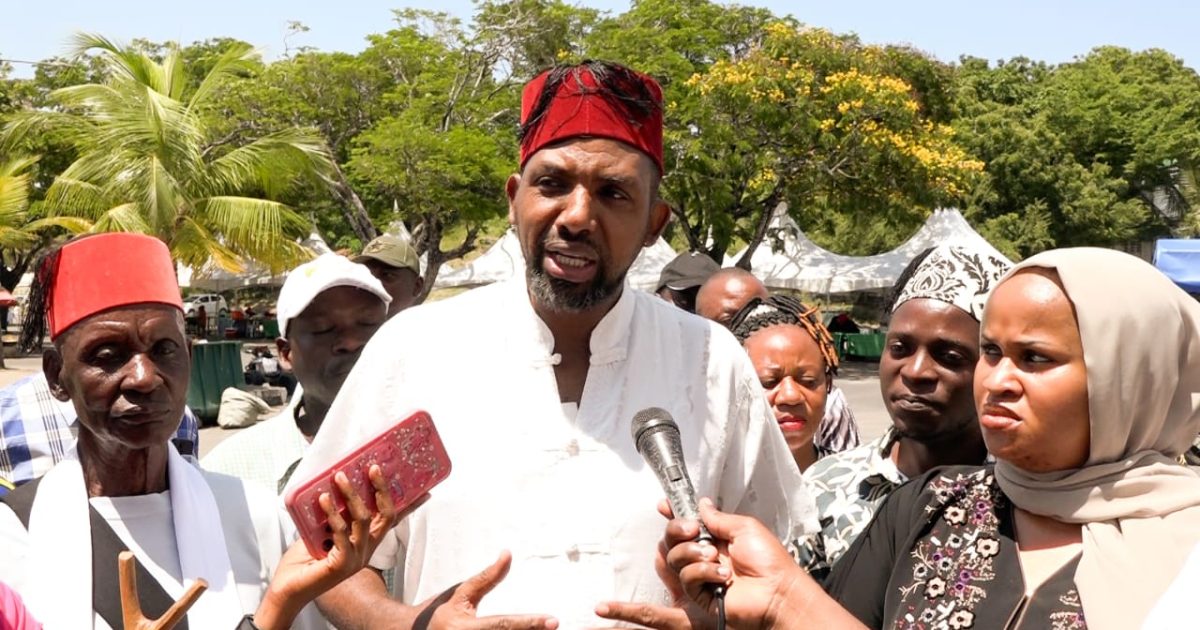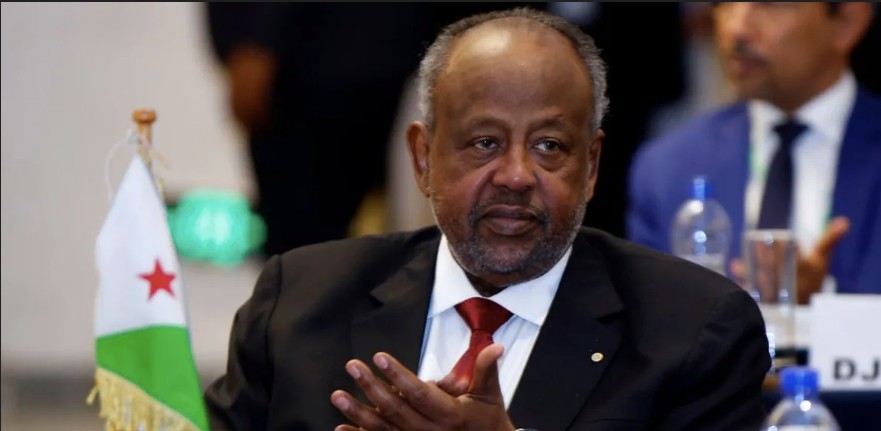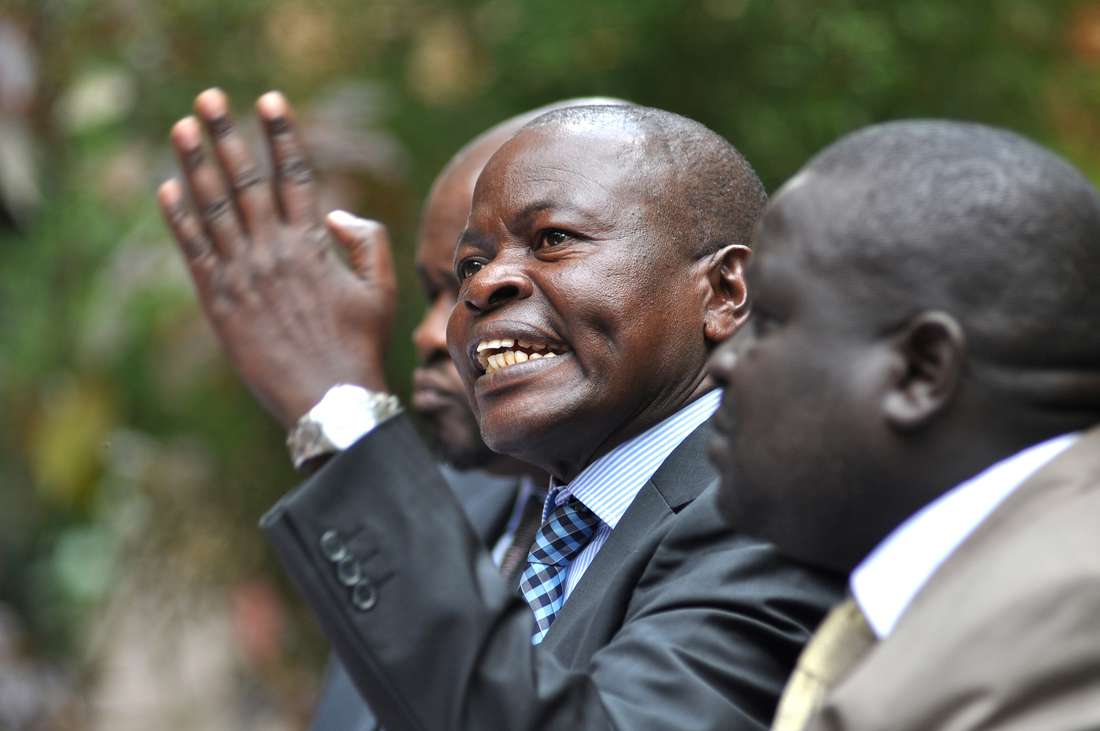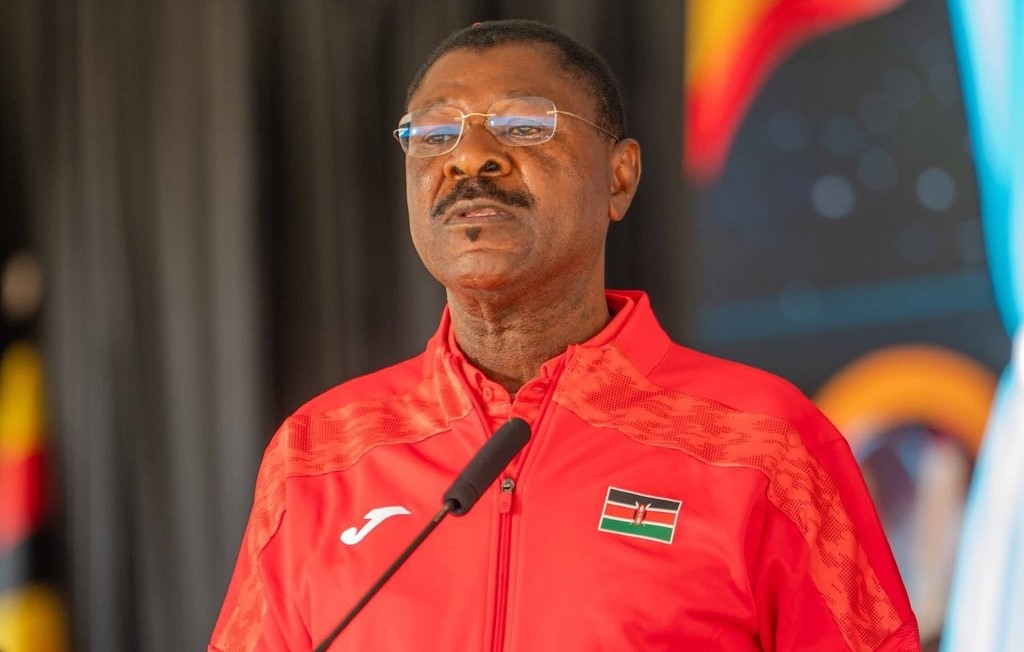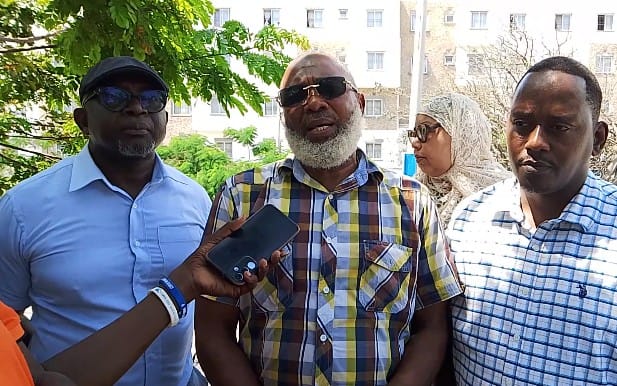DPP wins bid to present forensic evidence in Dusit D2 terror attack trial

The accused had previously contested the admissibility of the electronic evidence, claiming it was obtained without a search warrant and the trial magistrate agreed, proceeding without it.
The Director of Public Prosecutions (DPP) has received authorisation to recall a key witness in the trial of three men accused of involvement in the Dusit D2 terror attack.
Kiambu High Court Judge Dorah Chepkwony overturned a previous ruling by the trial court that denied Chief Inspector Joseph Kolum the opportunity to present crucial evidence.
More To Read
- Westgate attack: The day Kenya’s terror fight became a global concern
- US, Somalia step up cooperation against financial crimes and terrorist financing
- Ghana’s security strategy has kept terror attacks at bay: What other countries can learn from its approach
- Garissa University launches community policing initiative to boost security and prevent extremism
- Two men accused of facilitating Dusit D2 terror attack to serve 30 years in jail
- Kenya added to EU's high-risk list for money laundering, terrorism financing deficiencies
Judge Chepkwony emphasised the importance of Kolum's testimony, which pertains to forensic analysis conducted on the defendants' mobile phones.
The accused had previously contested the admissibility of the electronic evidence, claiming it was obtained without a search warrant and the trial magistrate agreed, proceeding without it.
The DPP then challenged the ruling in the High Court, acknowledging the absence of a court order for the phone examinations, but argued that denying the evidence posed a risk to national security and could affect ongoing criminal trials.
The prosecution highlighted that following the 2019 attack, they had analysed 177 mobile phones and made other significant recoveries.
“Its admission is warranted bearing in mind the threat to national security and public safety,” Judge Chepkwony said in her ruling on Monday.
She noted that while the right to privacy is fundamental, it is not absolute and may be limited under certain circumstances, particularly in light of Kenya's ongoing struggle with terrorism.
“Threat to national security and public safety during and after the Dussit 2 attack must have necessitated urgent action, and the evidence obtained was crucial for the Prosecution of the serious offences faced by the accuser persons,” the Judge said.
The court ruled that the electronic evidence retrieved from the forensic examination of the mobile phones would be admissible in the ongoing trial against Mire Abdulahi, Hussein Mohamed Abdile and Mohamed Abdi Ali, who face multiple charges, including acts of terrorism that resulted in 21 fatalities in 2019.
"The electronic evidence obtained from the forensic examination of the accused persons' mobile phones shall be admissible in the ongoing trial. The decision of the trial court is hereby set aside," the Judge ruled.
The prosecution has concluded its case, having called 45 witnesses, but retains the option to recall Kolum before the court decides if the accused have a case to answer.
Top Stories Today





